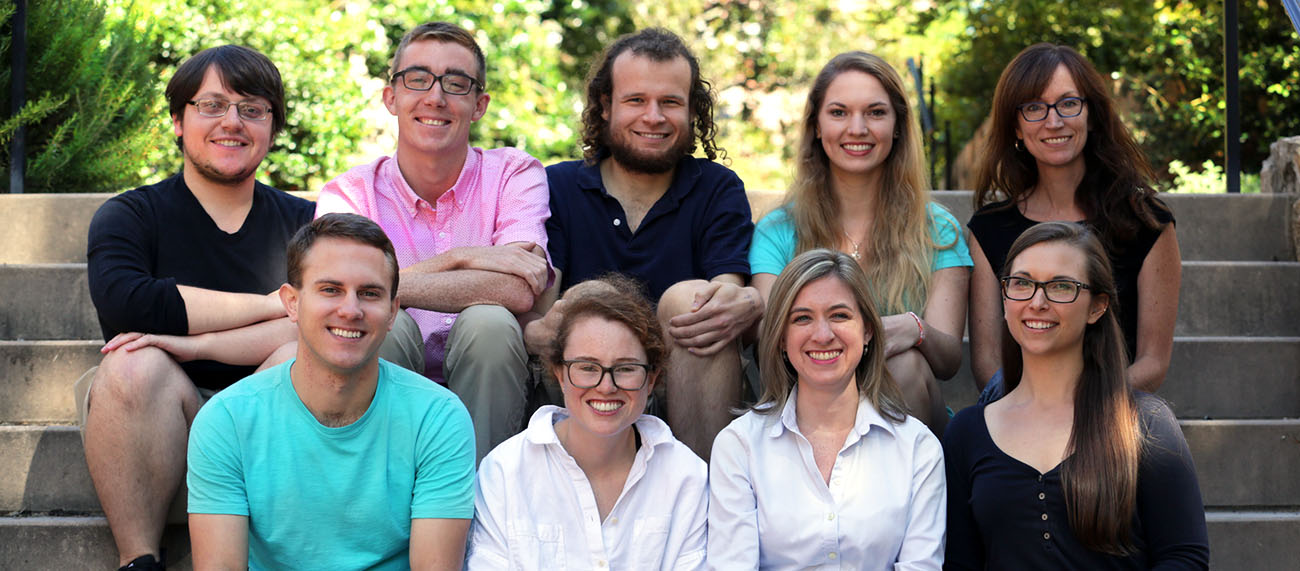Faculty Members
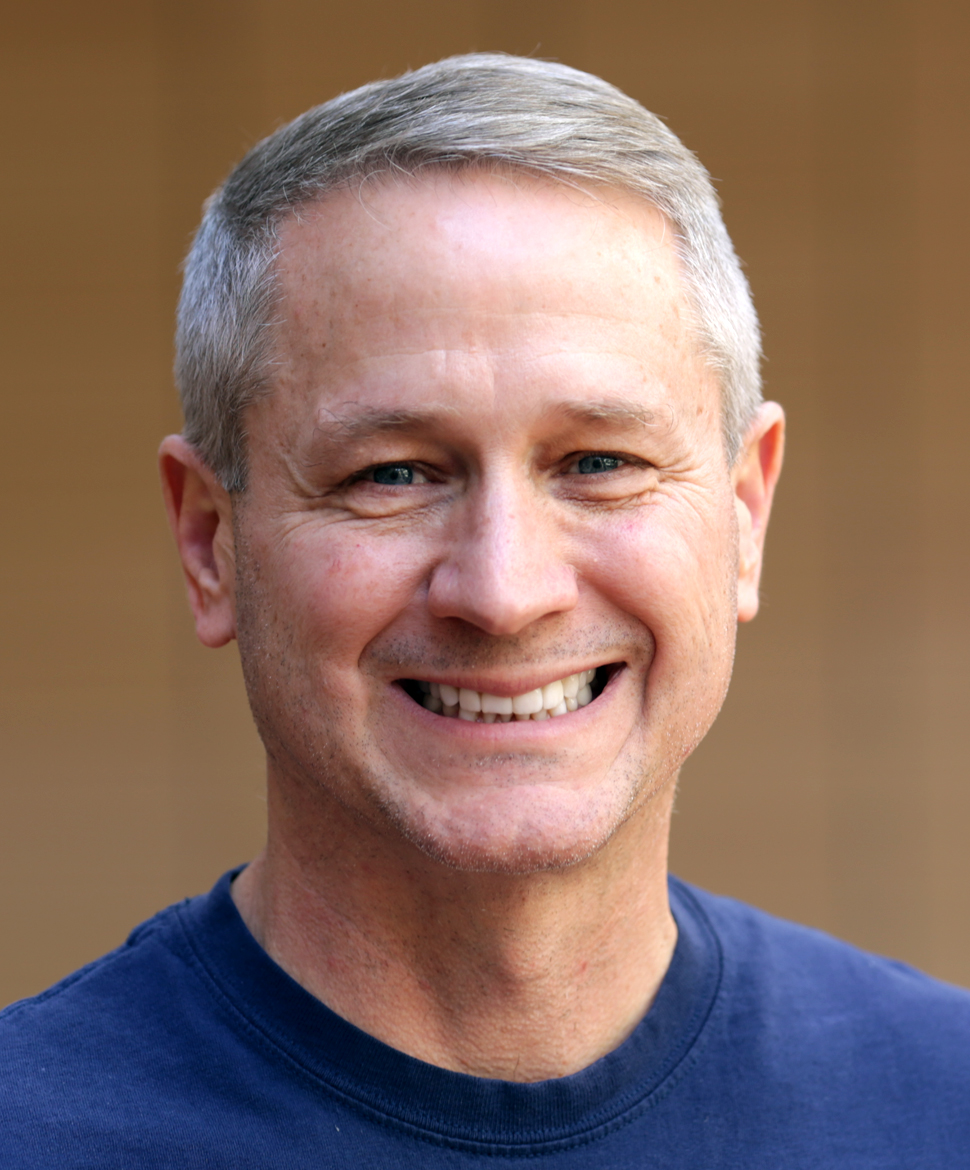
Todd Austell
Teaching Professor; Associate Director of Undergraduate Studies
Kenan Laboratories C142919-962-9429
tlaustell@unc.edu
Curriculum Vitae
Research Interests
General, Analytical, and Organic Chemistry Education, Curriculum Development, Academic advising
Research Synopsis
The Undergraduate Chemistry Program at UNC-CH is among the largest and most productive in the nation. My role in this program is to provide an "intellectual spark" that might in some way enhance the environment for undergraduate education. This task is multifaceted and involves undergraduate instruction, curriculum development, academic advising, and the hiring/training/supervision of undergraduates as tutors and laboratory teaching assistants.
As an academic advisor for the chemistry majors, I'm intimately involved in providing both academic and career advice for our majors as well as in assisting them with course planning and registration. I also hold both private sessions and public presentations for students to assist them with the formulation of the effective study skills necessary to excel in the college science classroom. We continually explore new methods for more effectively disseminating important information to our undergraduate majors, assisting them both as they move toward graduation and as they seek employment or graduate opportunities once they move on from UNC-CH.
In the realm of curriculum development, I have previously been involved in the general chemistry laboratories and in the integration of computer assisted data collection into our lab curriculum. In the classroom I have developed and taught a first-year seminar which introduces students to the various aspects of nuclear chemistry for the past three years (2010-2013). In the classroom I am exploring various new methods for creating a "learner centered" educational environment in large lectures. This involves but is not limited to the use of various forms of multimedia instruction, in-class participation and assessment to create a more effective and dynamic "active learning" environment.
For the past four years, I've continued to evaluate and study the impact the math skills of our first-year students have on their performances in our general chemistry curriculum. Hopefully, some valuable data will come from this assessment which might allow us to better assist our incoming students in the identification and correction, through review, of any math skill deficiencies they may have. The development of an online tool for assessment and review that can be accessed prior to matriculation is a long-term goal.
Lastly, I am interested in and currently studying the growing applications for 3D printers and the 3D-design instruction utilizing them in STEM education at the college, secondary and pre-secondary educational levels.
Professional Background
B.S. Chemistry, University of North Carolina, 1987; University of North Carolina, Ph.D., 1995; Assistant Professor, USAF Academy, 1997-1998; Visiting Lecturer, University of North Carolina, 1996-1997; Chapman Family Teaching Award, 2021; Johnston Award for Excellence in Teaching, 2011; Class of 1996 Excellence In Advising Award, Presented April 2010; Academic Advising Program in the College of the Arts and Sciences and the General College of UNC-CH, 2010; National Academic Advising Association's Faculty Advisor Award, 2006; Johnston Undergraduate Teaching Award, 2004; Student Undergraduate Teaching Award, 2003; College of Arts and Sciences Excellence in Advising Award, UNC-CH, 2002. Michel-Shaw Award for Undergraduate Advising, UNC-CH, 1999. Order of the Old Well, UNC-CH, 1993. Graduate Teaching Award, UNC-CH, 1990
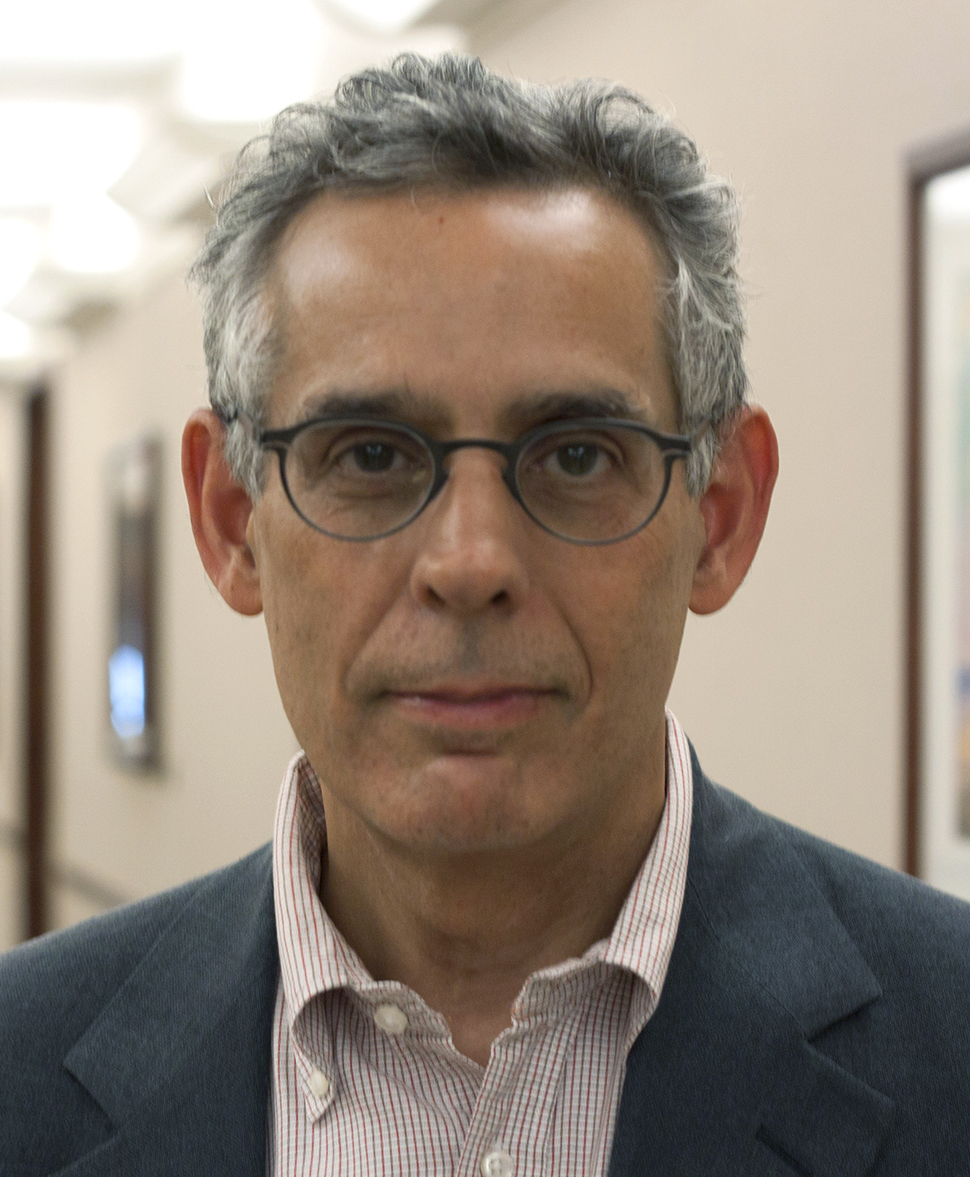
Jeff Aubé
Fred Eshelman Distinguished Professor, Jointly Appointed with the School of Pharmacy
Marsico Hall 3012919-966-9650
jaube@email.unc.edu
Group Website
Curriculum Vitae
Research Interests
New Synthetic Techniques, Total Synthesis, Study of Peptidomimetics
Research Synopsis
The Aubé group has a continuing interest in the development of new reactions that complement existing methods for the preparation of biologically relevant molecules. This interest has been especially directed toward nitrogen-insertion reactions because of the ubiquity of nitrogen in pharmaceutical products.We have used such ring expansion reactions in syntheses of alkaloids, amino acid bioisosteres, and various classes of peptidomimetics.
A useful reaction discovered in the Aubé laboratories is the intramolecular Schmidt reaction. This beautifully simple reaction involves the acid-promoted combination of a carbonyl compound with an alkyl azide. The result of this process is an amide, one of the most versatile nitrogen-containing functional groups known. As part of an active program in total synthesis, the group has used this new reaction in synthetic approaches to compounds such as the indolizidine alkaloids of South American poison frogs, sparteine, aspidospermidine, and stenine.
Another aspect of our overall research program is concerned with how novel molecules can be designed as peptide mimics, enzyme inhibitors, or as probes of cellular transport processes. Peptide mimics are compounds designed to inhabit the naturally occurring recognition sites of biologically important peptide hormones, eventually resulting in the synthesis of small-molecule antagonists or agonists of the endemic peptides. This project involves aspects of NMR, CD, and computational methods in addition to organic synthesis. In collaborative work, we have also been heavily involved in the synthesis of protease inhibitors and the study of cellular transport mechanisms.
Professional Background
University of Kansas, Department of Medicinal Chemistry, University Distinguished Professor, 2012 - present, Professor, 1996 - 2012; Associate Professor, 1992 - 1996; Assistant Professor, 1986 - 1992; Leader, Drug Discovery, Development, and Experimental Therapeutics division, KU Cancer Center, 2012 – present; Full member, KU Masonic Cancer Center, 2008 – present; Director, Synthesis Core, KU Center for Cancer Experimental Therapeutics, 2009 – present; Director, KU Specialized Chemistry Center, 2008 – present; Director and co-PI, Atlantis Dual Degree Program, 2006 – 2011; Member, Kansas Masonic Cancer Research Institute, 2005 - present; Director, KU Chemical Methodologies and Library Design Center, 2003-present; Innovatec lecturer, University of Regensburg, Germany, 2003; Center for Teaching Excellence, Interim Director, 2001 - 2002; Visiting Professor, University of Innsbruck, Innsbruck, Austria, 1997; Invited Professor, University of Rennes I, Rennes, France, 1993; NIH Postdoctoral Fellow, 1984-1986, Yale University with Professor Samuel Danishefsky; Research Assistant, 1980-1983, Duke University. Research director: Professor Steven W. Baldwin. Dissertation title: "Asymmetric Synthesis with Chiral Hydroxylamines."; Undergraduate Research, 1979-1980, University of Miami, with Professor Robert E. Gawley
Midwest Award, St. Louis Section of the American Chemical Society, 2012; ACS Fellow, American Chemical Society, selected 2012; Arthur C. Cope Scholar, American Chemical Society, 2012; Leading Light Award, University of Kansas, 2012; Sato International Award, Pharmaceutical Society of Japan, 2011; Abbott Lecturer, Massachusetts Institute of Technology, 2010; Nikolai N. Khaladjan International Award for Innovation in Higher Education, American Association of University Administrators, 2008; Fellow, American Association for the Advancement of Science, 2004; Olin Petefish Award for Research in the Basic Sciences, Higuchi/Endowment Research Achievement Award, University of Kansas, 2001; Fellow, Japanese Society for the Promotion of Science, 1996; Phi Beta Kappa, honorary member, 1996; American Cyanamid Faculty Award in Organic Chemistry, 1993; Alfred P. Sloan Research Fellow, 1993-1995; Eli Lilly Grantee, 1989-1991.
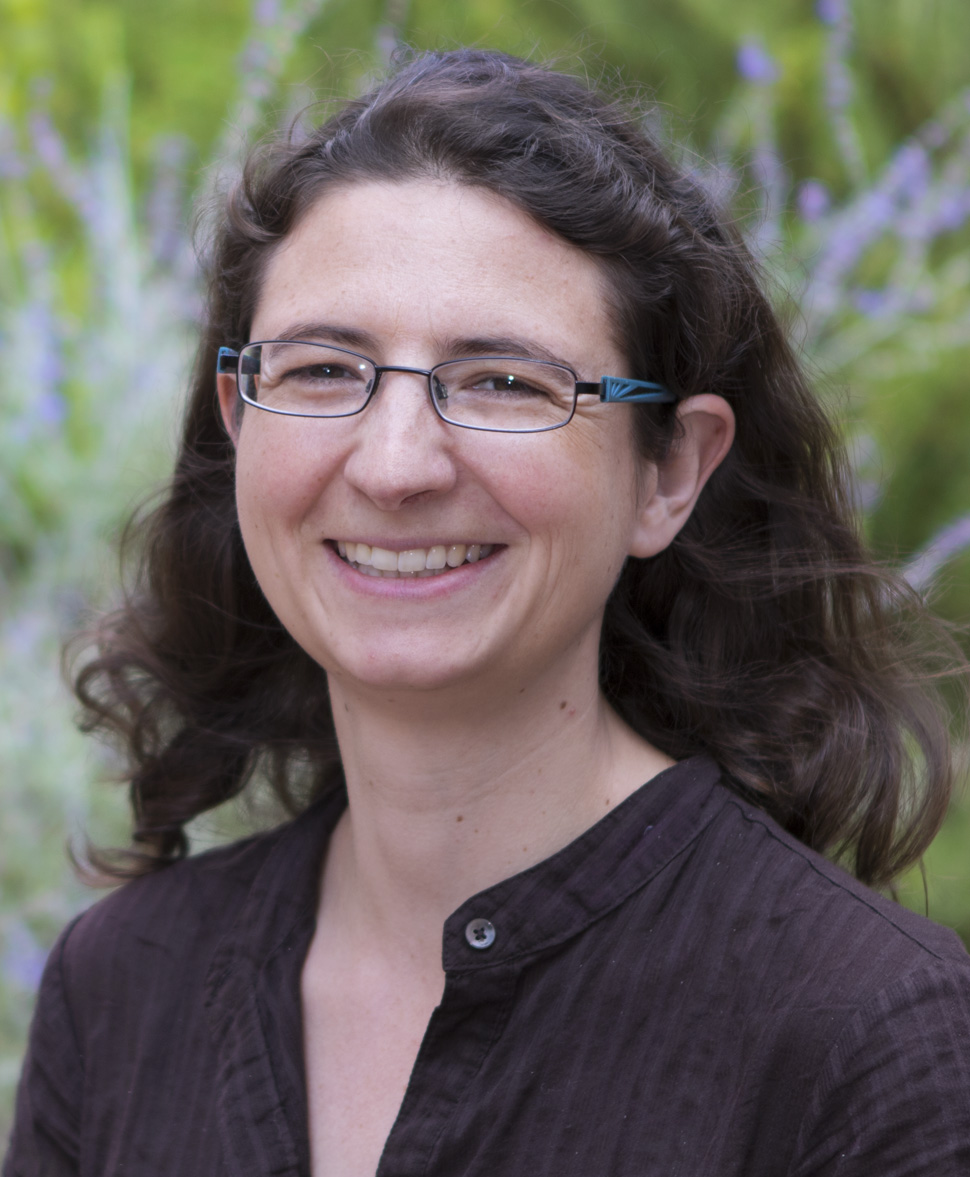
Joanna Atkin
Assistant Professor
Caudill Laboratories 117919-962-0528
jatkin@live.unc.edu
Group Website
Curriculum Vitae
Research Interests
Near-field optics and imaging, Tip-enhanced spectroscopy, Plasmonics
Research Synopsis
Infrared and visible spectroscopies can provide a wide range of information about electronic and chemical structure and dynamics in materials systems. However, the information has a relatively low spatial resolution, determined by the diffraction limit of light.
With the increasing development of nanostructures, low dimensional materials, and devices based on nanoscale morphology, the need for nanometer-scale optical and infrared techniques has grown. One approach is scattering-scanning near-field optical spectroscopy, s-SNOM. This nano-optical spectroscopy takes advantage of the "optical antenna" properties of metallic nanostructures, such as an atomic force microscope tip, to concentrate and locally enhance light.
This is compatible with a wide range of optical spectroscopies, and enables nanometer spatial resolution. In this way, it is possible to probe the structure and behavior of systems such as 1D and 0D nanostructures, which often show heterogeneous strain and doping profiles. Polymer and bulk heterojunction photovoltaic devices also rely on complex nanoscale morphology for improved performance, but the interplay of the electric field at interfaces and modification of vibrational properties with overall performance is not well understood.
Biological imaging is also a field of research where high spatial resolution coupled with chemical specificity can provide novel information about, for example protein folding or tissue damage. Our research is multidisciplinary, interfacing chemistry, biology, materials science, physics, and engineering. Interested students please contact me to discuss possible research projects.
Professional Background
B.S. Victoria University of Wellington, New Zealand, 2002; Ph.D. Physics, Columbia University, New York, 2010; Postdoctoral Research Scientist, University of Colorado, Boulder, 2010-2014.
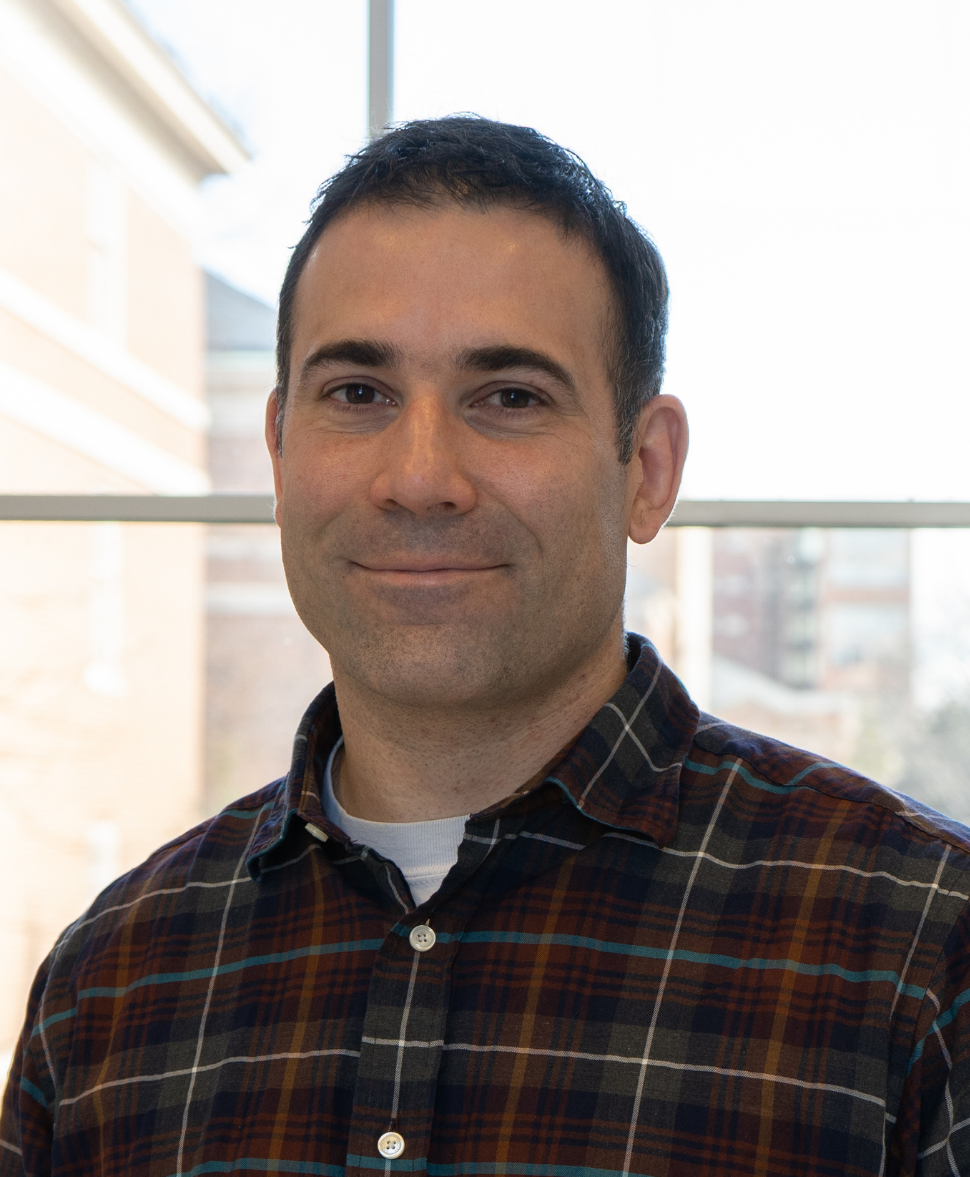
Erik Alexanian
Professor
Murray Hall 2202H919-962-4976
eja@email.unc.edu
Group Website
Curriculum Vitae
Research Interests
Synthetic Organic and Organometallic Chemistry, Catalysis
Research Synopsis
Research in our group focuses on the development of enabling reaction methods in chemical synthesis. These projects aim to address important challenges facing society, ranging from the sustainable synthesis of small molecules to treat human disease, to the upcycling of post-consumer plastic waste. A primary focus is the late-stage functionalization of unactivated C–H bonds in both small molecules and polymers to efficiently access complex molecules and materials with enhanced properties. We also pursue the development of new modes of reactivity in transition metal catalysis, with an emphasis on the use of common molecular feedstocks and earth-abundant first-row catalysts.
Professional Background
A.B. Chemistry, Harvard University, 2001; Ph.D. Princeton University, 2006; NIH Postdoctoral Fellow, University of Illinois at Urbana-Champaign, 2006-2008
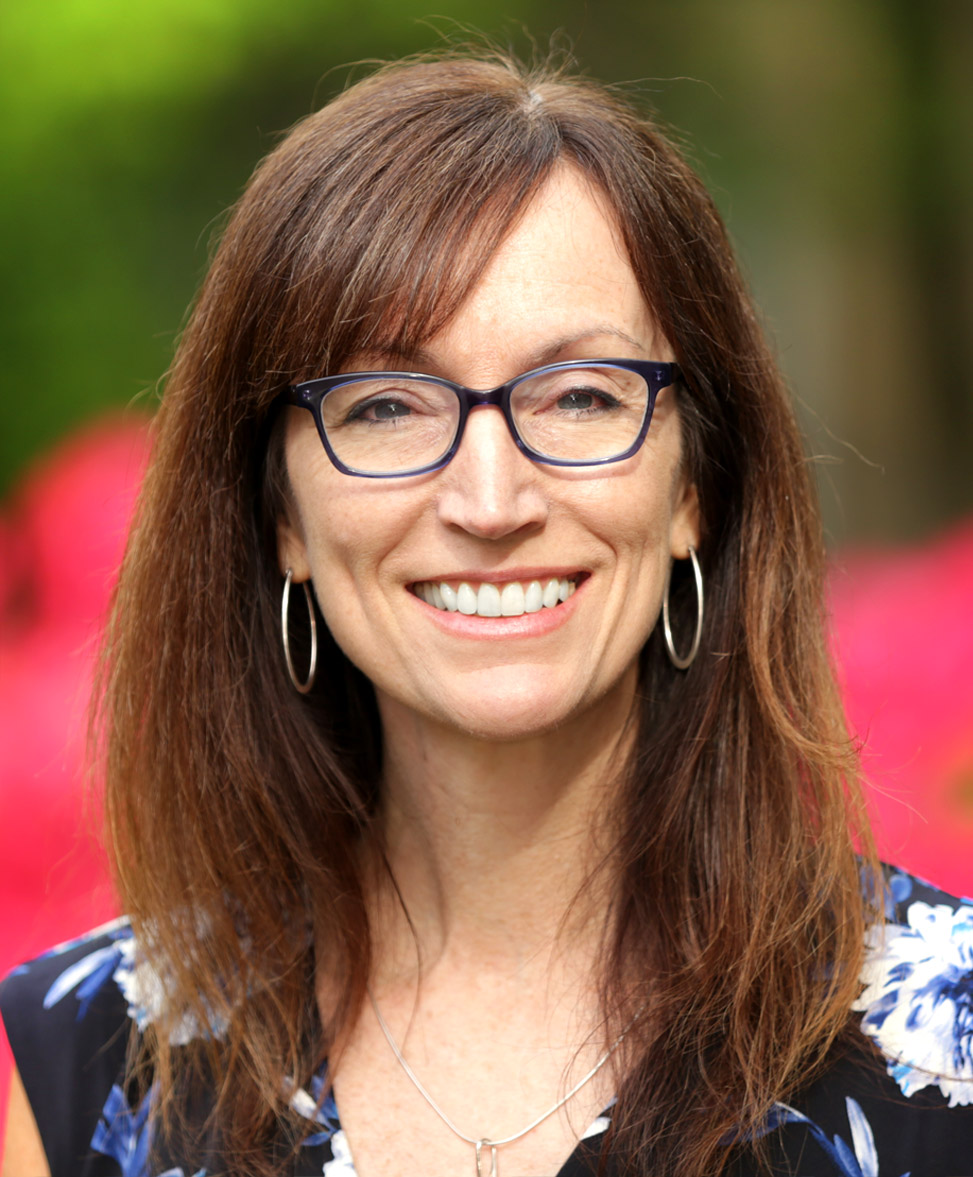
Marcey Waters
Glen H. Elder, Jr. Distinguished Professor, Co-Chair of Diversity
Caudill Laboratories 219919-843-6522
mlwaters@email.unc.edu
Group Website
Curriculum Vitae
Research Interests
Bioorganic Chemistry, Molecular Recognition
Research Synopsis
Our group is an interdisciplinary group, focusing on problems of molecular and biomolecular recognition. Molecular recognition impacts a wide range of fields, including asymmetric catalysis, materials chemistry, and protein folding. Consider, for example, designing a drug to bind to the active site of an enzyme. What features other than shape might contribute to binding? What types of interactions will provide high affinity as well as high selectivity? These are general questions in the field of molecular recognition that we are investigating for applications to biosensing, drug delivery, and de novo protein design. The research interests in our group span a wide range, from mechanistic organic chemistry and molecular recognition to structural biology, and hence involve the use of a variety of techniques. Methods used in our group include organic and solid phase synthesis, combinatorial chemistry, computational chemistry, molecular biology, kinetic and thermodynamic measurements using 1D and 2D NMR, circular dichroism, UV/Vis and fluorescence spectroscopy, analytical ultracentrifugation, and calorimetry. The extent that any one student uses these techniques depends largely on the particular student's research interests.
Professional Background
BA, UCSD, 1992; PhD, The University of Chicago, 1997; NIH Postdoctoral Fellow, Columbia University, 1997-1999; NSF Career Award, 2001-2006; Alfred P. Sloan Fellow, 2004-2006; Board of Directors, Mesilla Chemistry Workshop; Advisory Board Member, International Symposia on Macrocyclic and Supramolecular Chemistry.


